IN OLD CHICAGO: Stories and Songs of a Beloved City
Jamie O’Reilly, vocalist
John Erickson, pianist
Judi Cohan Heikes, reader
Christopher O’Reilly, reader
Conceived, Produced & Directed by Jamie O’Reilly
Act 1. ROOTS
Song: Love’s Sweet Song, Words by G. Clinton Bingham; Music by J.L. Molloy
Readings: The House on Humboldt Blvd, memoirs of Dottie O’Reilly, Irwin St. John Tucker
Song: Grandmother’s House, Words and music by Michael P. Smith
Reading: Song of the Lark, by Willa Cather
Song: I Know Where I’m Goin’, Traditional Irish folksong
Reading: Working Girls, poem by Carl Sandburg
Song: And the Band Played On, Words by John Palmer; Music by Charles Ward
Song: Clare du lune, by Claude Debussy, solo piano
Song: In the Garrett, Words by Jamie O’Reilly; Music by Michael P. Smith
Song: Seurat, Words by Ann Carson; Music by Michael P. Smith
Song: I Wish Someone Would Take Me Dancing, Words and Music by Michael P. Smith
Reading: Tuck meets Tex, Out of the Hellbox
Song: Annie Laurie, Words by William Douglas, Music by Lady John Scott
Reading: Tuck meets Nell
Reading: Joliet, poem by Nell O’Reilly Tucker
Reading: The Harbor, poem by Carl Sandburg
Reading: (excerpt) New Colossus, poem by Emma Lazarus
Song: Sanctuary City, Words by Anne Hills; Music by Anne Hills and Al Power
Intermission 𝆔𝆔𝆔
Act 2. VOICES
Song: The Holy City, Words by F. E. Weatherly; Music by Stephen Adams
(The song is mentioned in James Joyce‘s Ulysses,1922)
Reading: The Passing of the Gael, poem by Ethna Carbery
Special guest Katrina O’Reilly Loundy, small pipes
Song: The Foggy Dew, Melody: Corraga Bawn; Words by Canon Charles O’Neill
Reading: The White Fire, Mame’s letter to Dorothy
Song: She Would Sing the Kerry Dances, Words and Music by Tom Amandes
Song: Red is the Rose, Traditional Irish
Song: Blue River, Words Al Bryan; Music by Joseph Meyer
Song: Vinegar Man, from a poem by Ruth Comfort Mitchell; Music by Tom Amandes
Song: Eye on the Sparrow, Words By Civilla Martin; Music by Charles Gabriel
A Toast, from 1910; Dubliner excerpt, by James Joyce
Reading: Leopold Segedin, memoir
Song: Hey, Kid, Words and Music by Michael P. Smith
𝆔𝆔𝆔
The Roots in Ireland Project is made possible with support from The Artist Rescue Grant,Our friends and donors, host venues and ticket buyers. Thanks to Chief O’Neill’s Pub: Siobhan & Brendan, John Erickson, Judi Heikes, Chris O’Reilly, Nia O’Reilly-Amandes, Grace Amandes-Gaceta, Iwona Biedermann, Meg Broz, Katrina O’Reilly Loundy, Judy Floeter, Trina O’Reilly, Barbie Fickett, Connie Baznik, Colleen Fahey, Rob Fishman, Jeffrey Bivens, Anne Hills, Al Power, WFMT: The Midnight Special, WNUR: The Folk Show, Tom Amandes, Bridget O’Reilly, Willem O’Reilly and The Copy Room. Tonight is dedicated to Michael Smith.
Support Jamie’s Roots in Ireland project! www.jamieoreilly.com
Jamie O’Reilly, © J.O’Reilly Productions, a woman-owned business since 1997
The Passing of the Gael by Ethna Carbery
They are going, going, going from the valleys and the hills
They are leaving far behind them heathery moor and mountain rills,
All the wealth of hawthorn hedges where the brown thrush sways and trills
They are going, shy-eyed colleens, and lads so straight and tall,
From the purple peaks of Kerry, from the crags of wild Imaal,
From the greening plains of Mayo, and the glens of Donegal.
They are leaving pleasant places, shores with snowy sands outspread
Blue and lonely lakes a-stirring when the wind stirs overhead:
Tender loving hearts that love them, and the graves of kindred dead.
Oh, the cabins, long deserted! – Olden memories awake –
Oh, the pleasant, pleasant places! – Hush! the blackbird in the brake!
Oh, the dear and kindly voices! – Now their hearts are fain to ache.
They are going, going, going, and we cannot bid them stay;
Their fields are now the stranger’s where the stranger’s cattle stray.
Oh Kathleen Ni Houlihan, your way’s a thorny way
Foggy Dew
In 1916, Irish patriots led by James Connolly and Patrick Pearse, taking advantage of Britain being occupied by World War I, seized some of the major buildings in Dublin including the General Post Office, while others came out in Ashbourne and Galway in the Easter Rising.
The brutal response to the Rising, and the execution of its leaders that followed, marked a turning point for many Irish people. The public revulsion at the executions added to the growing sense of alienation from the British Government.[
Canon O’Neill reflected this alienation when he wrote The Foggy Dew commemorating the few hundred brave men who had risen out against what was then the most powerful empire in the world. In 1919, he[9] attended the first sitting of the new Irish Parliament, Dáil. The names of the elected members were called out, but many were absent. Their names were answered by the reply faoi ghlas ag na Gaill – “locked up by the foreigner”.
These events had a profound effect on O’Neill and some time after this he wrote The Foggy Dew telling the story of the Easter Rising and reflecting the thoughts of many Irish people at the time who now believed that the Irishmen who fought for Britain during the war should have stayed home and fought for Irish independence instead.
Clair de lune
Written in 1905 by Claude Debussy.
A resemblance between the main tune’s first four lines and a passage within the theme of the last movement of Gustav Mahler’s Third Symphony (1896).



